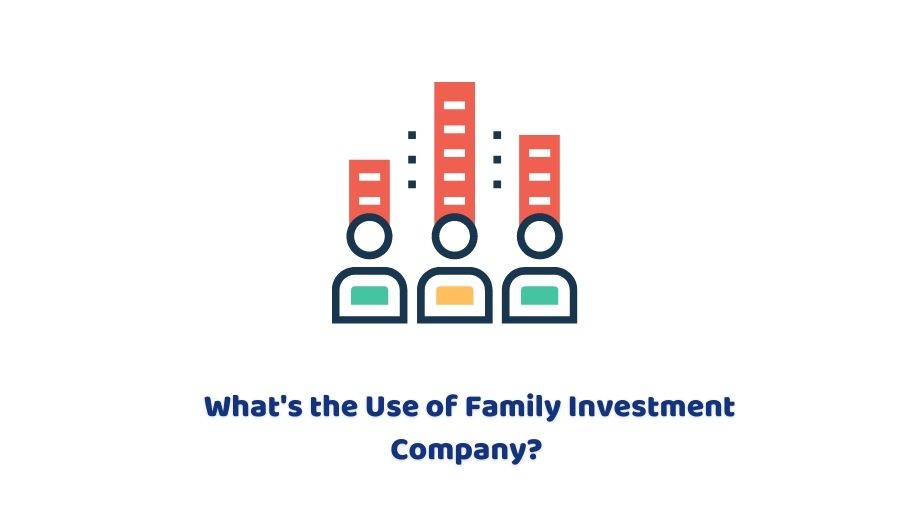Family Investment Company (FIC) offers a tax-efficient way to retain control over assets and still pass them on to the next generation. By providing a degree of flexibility they can be ‘fine-tuned’ to a family’s particular circumstances or requirements e.g. by drafting the company’s articles in such a way as to prevent the transfer of shares outside of the family.
For many people trust is the most flexible way to achieve the same goal as the lifetime IHT threshold of £325,000 per individual is sufficient to mitigate potential tax liabilities, however, assets worth more transferred to a trust would be subject to an immediate IHT charge. A Family Investment Company enables a transfer of value above the IHT threshold without suffering a tax charge whilst still retaining control of assets. The main downside of a Family Investment Company is that the shares have to belong to someone whereas a trust can have beneficiaries that are still to be born (although shares can be held by a trust to benefit future grandchildren for example).
The method of setting up a Family Investment Company is the same as when incorporating any other company limited by shares, the difference being in the designation of those shares. For example, a donor (e.g. parent) would own one ‘A’ share with the right to appoint one director and the right to vote at general meetings but with no entitlement to dividends or any return of capital and the children would own one ‘B’ share each. These ‘B’ shares would have no voting or other ‘control’ rights but would have full entitlement to any dividends or return on capital (which must be approved by the parents). The ‘B’ shares could be created with differing rights including tax-efficient withdrawal of capital, enjoyment of growth in capital value or a right to future dividends.
At the same time, the children/beneficiaries enter into a shareholders’ agreement, which is a private document setting out the directors’ powers and shareholders’ rights. This agreement together with the company’s Articles of Association are key to providing that control rests with the board of directors, usually comprising the donor and spouse or other trusted individuals. As with any other company limited by shares the board will have the power to appoint additional directors and make decisions including how cash held is invested, the distribution of profits, transfers of shares, changes to voting and share of income and capital. Importantly, the donor has these powers as a director without needing to hold voting shares which would otherwise give the shareholder value in the company potentially chargeable to IHT.
Funding for the Family Investment Company is typically in the form of cash (which can be funded via an interest-free loan); the company then acquires assets (property, cars, art, trading companies etc.) that generate a return. Income is either re-invested within the company or used to repay the loan (alternatively the loan could be gifted/assigned to other family members where the capital value is no longer needed or into a trust). The funding need not be in cash but could be a property, for example, but there would be potential Stamp Duty Land Tax and Capital Gains Tax implications.
Any underlying capital value grows in the name of the beneficiaries. The ongoing tax position is the same as for any other company limited by shares with a corporation tax liability on any income or capital gains (currently this rate is 19% but may change in the March 2021 budget).

